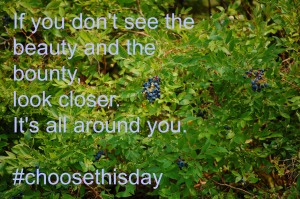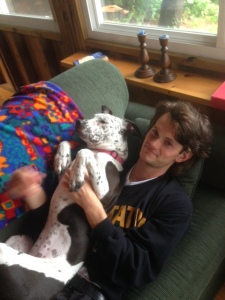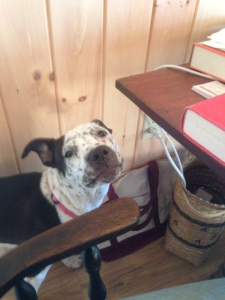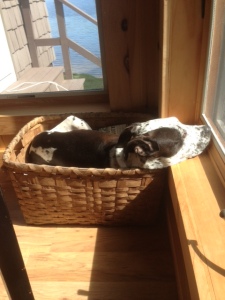Sit around my campfire for a spell
It’s funny—I came here today to write about gathering, only to realize that I’d shared the same thoughts here last year. Anyone else feel like they’re caught in a hamster wheel?
I suppose if we were snakes we wouldn’t care one wit that we’re spending so much time apart. Snakes are solitary animals, typically leaving the “nest” within one week after birth. But humans crave connection. We reinforce our bonds by living in pods, and when that unit eventually disperses, we enjoy reuniting and catching up. Sometimes, the only way we can think straight is to hear our thoughts and beliefs reflected back to us by trusted others. Not to mention that we are biologically programmed to benefit from touching one another.
Sometimes it can feel like Covid is punishing us for being human. But if you were writing a story you hoped might be publishable, you wouldn’t cast the virus as a mustache-twirling villain plotting evil deeds; he’d be the hero of his own tale, trying to ensure his chance to live out his best life. Are you living your best life, as well? If Covid has taught us anything, it’s that we might be living on a tighter deadline than we once thought.
Thanks to our gloriously complex brains, humans are also highly adaptive creatures, which is what has kept us at the top of the food chain. We figure out ways to do what we need to do, even if that means gathering during a pandemic. Last Christmas, my family orchestrated a “Christmas hike” and a quick present exchange behind my younger son’s house. It was fun, but not destined to be a tradition. This year, trying to stay a bit warmer, we relied upon negative rapid Covid tests and gathered indoors.
But as a writer, I need more than my family. I need others of my kind. I’m sorely missing my weekly writing get-togethers at a local grocery store, that over the years saw all eight participating writers move forward in our careers by getting agents or MFAs. All of us got published. To rekindle that magic, we decided to meet up a few times in one of my favorite ways—around a campfire.
Outside, with proper social distancing enforced, my writer friends and I were still able to share stories from our contained, Covid-controlled existences, and felt less alone. We’ve talked through psychological stumbling blocks, story plot holes, new creative directions, marketing challenges—writing may be a solitary pursuit when it comes to putting words on the page, but by god we writers need our people.
Are you writing a novel? How’s it going? If your writing is languishing without social support, or you need craft guidance while working on your novel, or accountability to get it finished, I’m once again putting together a small group of writers for my Your Novel Year program. Check out the brochure and see if it might be for you. This will be the program’s fifth year, and because I know it works on so many levels, I will keep accepting applications until it fills.
For less than you’d spend on a developmental edit, and for way less time and money than I spent accumulating the lessons I’ll share, you’ll get a full year of guidance and support while you draft, revise, or rewrite your novel. You’ll share the important structural aspects of your story with others on the same journey without being burdened by having to read their pages. You’ll learn (or hear afresh) craft that you can immediately apply to your current project. You’ll receive feedback and insider tips from an experienced developmental editor and published author.
Come sit around my campfire. So okay, the campfire is virtual—we’ll be meeting via live videoconferencing—but the storytelling will be great, and you won’t go home with your hair smelling like smoke.
We’ll start classes as soon as possible but I still need a few more writers to fill the group. If you want to make 2022 YOUR novel year, I hope to hear from you soon!

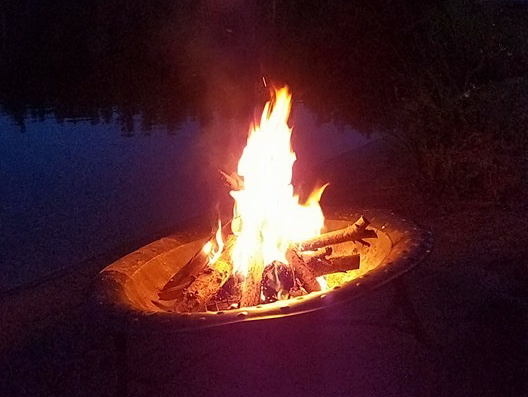
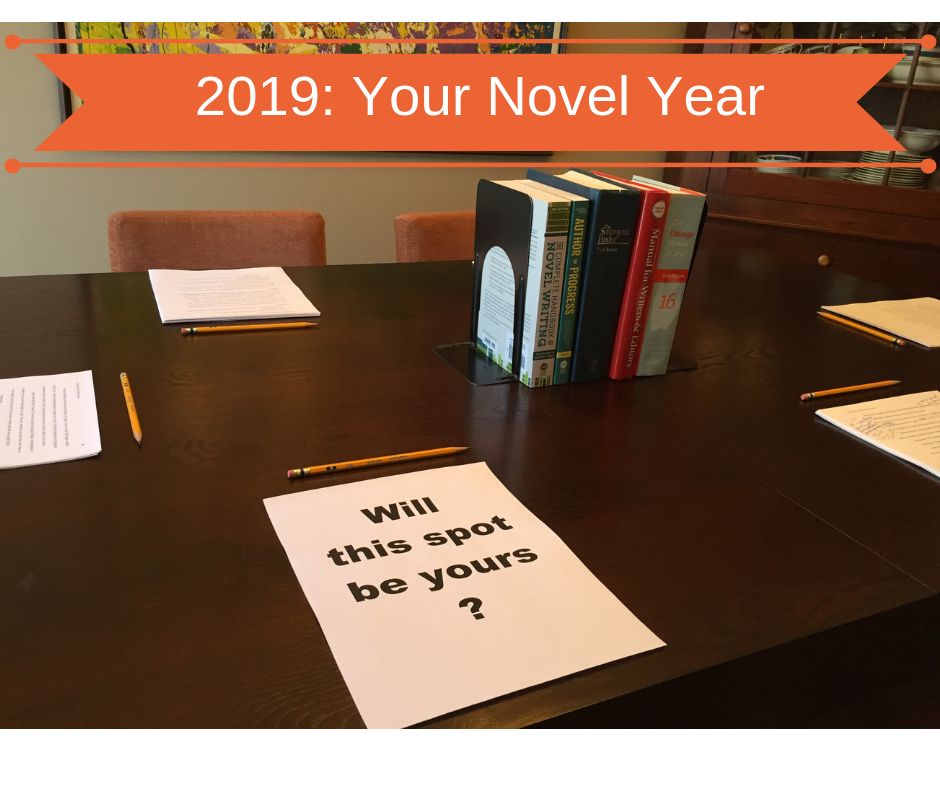 The results are in! Your Novel Year 2018—my first time offering a full-year novel mentoring program to a small group—was a great success. I offered this in my home in Doylestown, PA and it was not only enlightening for all but it was so much fun. I hadn’t foreseen the way the participants’ imaginations would latch onto each writer’s project. The personalities and interests of those involved bent the course material to their will, co-creating a custom workshop experience. Each writer went home from the full-day workshops with notes they were excited to apply to their manuscripts.
The results are in! Your Novel Year 2018—my first time offering a full-year novel mentoring program to a small group—was a great success. I offered this in my home in Doylestown, PA and it was not only enlightening for all but it was so much fun. I hadn’t foreseen the way the participants’ imaginations would latch onto each writer’s project. The personalities and interests of those involved bent the course material to their will, co-creating a custom workshop experience. Each writer went home from the full-day workshops with notes they were excited to apply to their manuscripts.
